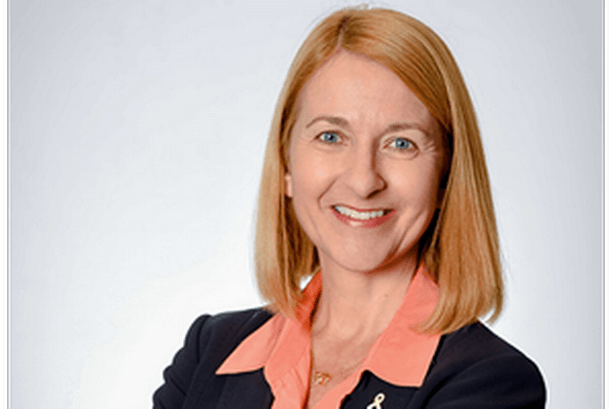
Sussex Police & Crime Commissioner
We are delighted to have received a statement of support for our campaign for a statue for Mary Clarke from Katy Bourne OBE, the Sussex Police and Crime Commissioner.
On 19th February she wrote:
“Despite being the first suffragette to die for her cause, Mary Clarke has been largely forgotten by history. She was a determined woman who was not afraid to fight for women’s rights at a time when they were not only overlooked but also violently suppressed.
“I hope she would be delighted to see that, not only does modern day policing employ female officers and staff across all sectors but, increasingly, we are seeing a welcome growth in the number of women in senior roles, as we now have in Sussex. I’m pleased to support the campaign to install a statue in her honour in celebration of her message and memory.”
Katy Bourne, Sussex Police & Crime Commissioner, 19th February 2021.
This is a remarkable statement, both because Mary was three times imprisoned for her beliefs and because her death by brain haemorrhage was attributed to police excesses on ‘Black Friday’, 18th November 1910, when London police violently and sexually attacked 300 women outside Parliament, over a period of six hours, almost certainly on the orders, or with the agreement, of the Liberal Government of the time. Sussex police officers were not involved.
Mary was bed-ridden for three days following Black Friday then returned to London to protest about police conduct. She was advised by a friend not to go, because she was ill and for fear of further violence towards her. She wrote in explanation: “I had to protest somehow: You would not have me a shirker”.
Mary was arrested after breaking a window in Cannon Row Police Station, where her sister Emmeline Pankhurst was being held. It was her first illegal act, apparently undertaken as an act of loyalty to other women already under arrest. She told the Constable who arrested her: “I voted that the deputation (to Parliament) should go, and am morally as responsible as they are. If they are guilty of wrongdoing so am I, and I mean to share their punishment.”
She was imprisoned for a month and died two days after her release on Christmas Day 1910.
Mary was loved and respected for her gentleness and calm commitment to non-violence, as well as her good-humour and personal courage in the face of attack. Even her opponents admired her courtesy, quick wit and bravery. She was a survivor of an abusive marriage, which she was forced to flee more than once before finally freeing herself. Thereafter she devoted herself to the suffrage movement, her self-confidence slowly growing.
In the last eighteen months of her life, she led the movement in the south east, working as the paid Organiser for the Women’s Social and Political Union, based and living in Brighton, but campaigning across Sussex and Hampshire.
Mary would have been amazed and proud to have seen a woman elected as Sussex Police and Crime Commissioner (with another appointed as Chief Constable). No doubt this modest and self-effacing woman would have been stunned to learn that the Commissioner and at least three of Sussex’s female MPs – Maria Caulfield, Caroline Lucas and Sally-Ann Hart – support the campaign for her statue, in common with Brighton & Hove’s male MPs, the entire City Council and countless local people.

